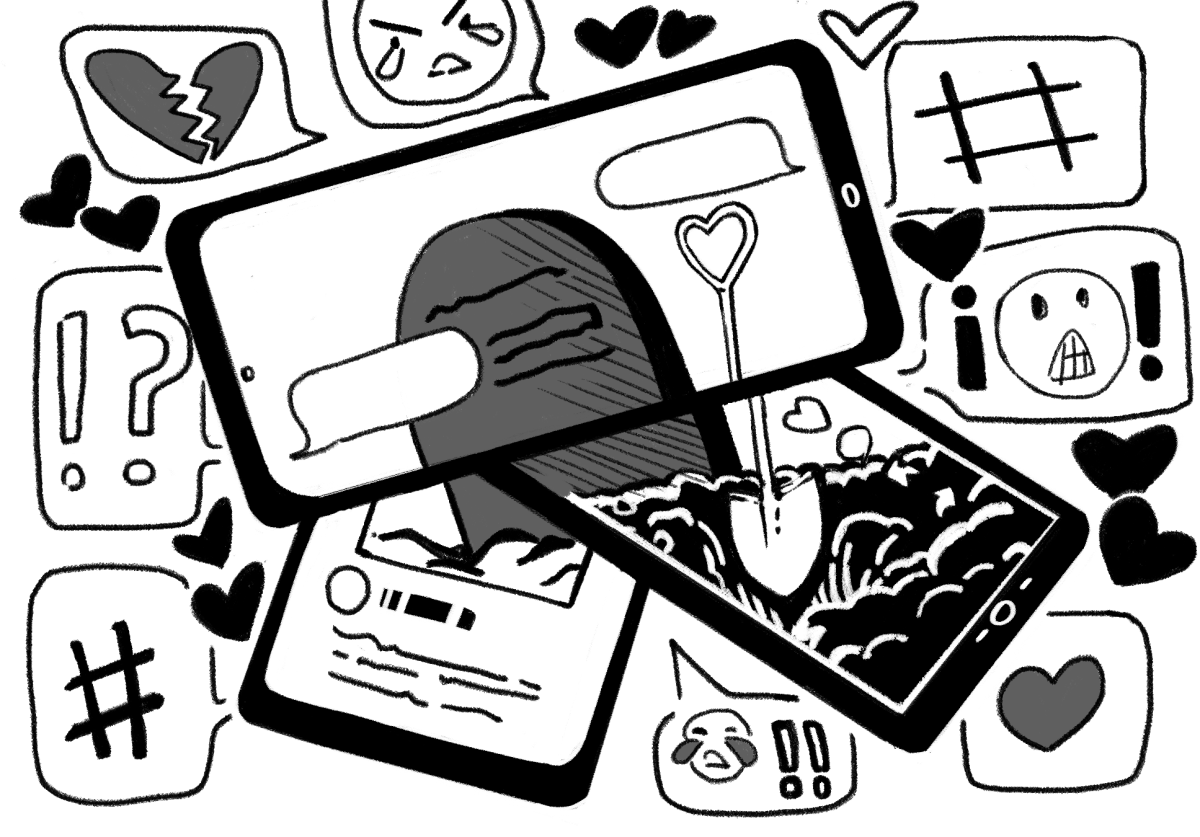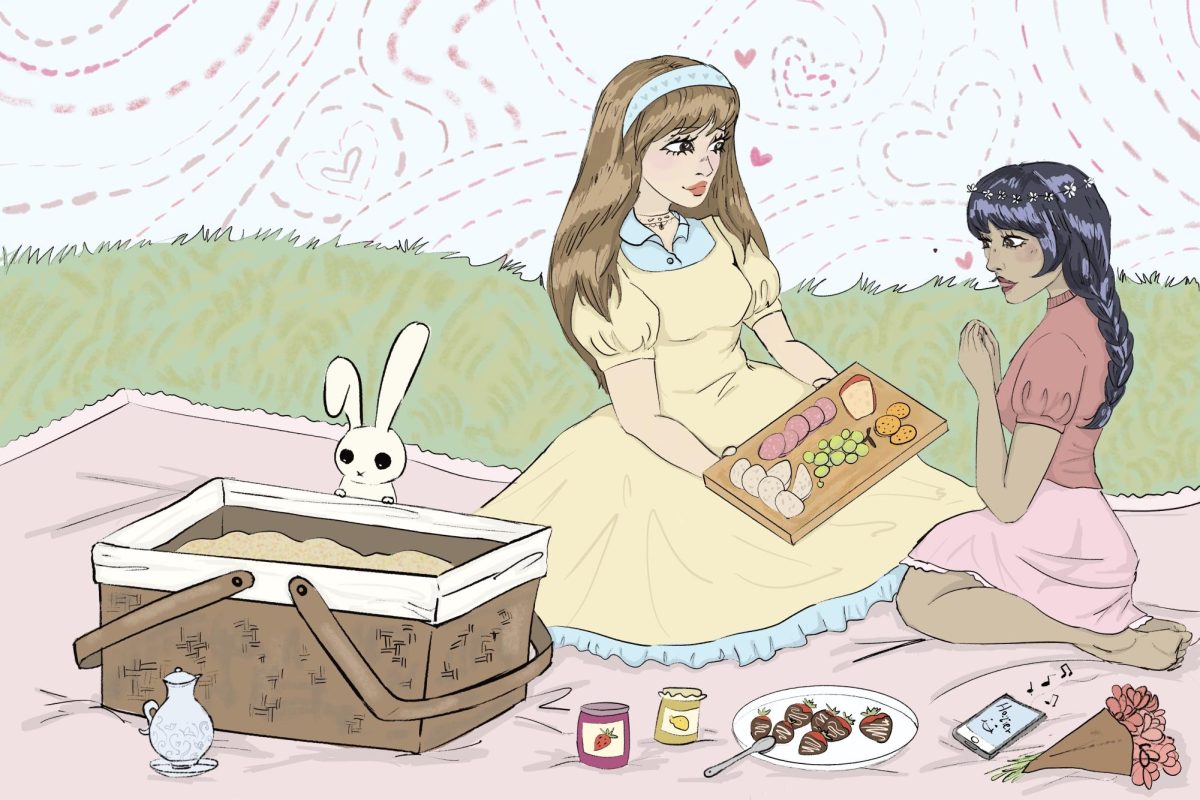When former One Direction singer Liam Payne died unexpectedly on Oct. 16, the media and entertainment industry erupted into chaos. Just hours after his death, disturbing photos of Payne’s body were plastered on the internet by TMZ, sparking an outcry from the public regarding the lack of respect for the young celebrity. Unfortunately, Payne’s tragic ending is not a unique occurrence; rather, it serves as a brutal reminder of how the industry too often fails its youngest stars — in both life and death.
The singer, found dead in a hotel courtyard, had fallen from a three-story balcony after overconsumption of ‘pink cocaine,’ a mixture of various drugs. His death concludes a dark past; thrust into fame and stardom at just 16-years-old, Payne had long struggled with drug and alcohol abuse for years due to a lack of mental health support.
Many young stars before him have also crumbled under the loss of normalcy and the immense toll of internet fame; Demi Lovato, for example, dealt with substance abuse and multiple mental health disorders amid her transition from young Disney Channel movie star to popular singer and songwriter. Britney Spears, also pushed into the industry from a young age, was diagnosed with bipolar disorder after a public meltdown in 2007, which put her in a 13-year conservatorship. As the topic of celebrity mental health is buried under obsessed fandoms and dehumanizing standards, the pattern is bound to continue.
The development of parasocial relationships with celebrities and their online presence have become normalized over the years. For Payne, being part of a mega-popular boy band subjected him to millions of global fans watching and idolizing his every move. While it’s possible for these relationships to be healthy, fandoms can quickly become obsessive — distracting the media from the real people behind their super-star persona.
TMZ’s decision to post photos of Payne’s dead body on the internet raises concerns about modern journalism standards. Similar events have occurred all throughout history, such as when TMZ publicly reported the death of Kobe Bryant and his daughter even before the family was notified. Modern journalism has undoubtedly normalized the disrespectful and invasive treatment of celebrities, exploiting them to garner views and money. With round-the-clock coverage, dramatic twitter posts, and insensitive hashtags, the overinvestment of public attention can turn a tragic event into a social media spectacle, again swarming the celebrity and their loved ones with reckless obsession.
Often when obsessive mourning is amplified on social media, it becomes performative. Fans begin to compete to display their loyalty, losing respect for the celebrity along the way. Payne’s death sparked a swarm of Twitter users making insensitive jokes about mourning or theorizing out-of-place conspiracies. Even after death, Payne couldn’t escape the frenzy of his fandom.
The sensationalization of grief on social media has come too far, reflecting a cultural disconnect from the younger generations. While grieving the death of a celebrity can serve to honor their name, it should never interfere with the victim’s family, nor should it invade into their legacy. Fandoms, media outlets, and society overall must loosen their reliance on celebrities for emotional gratification, and instead appreciate them as individuals.





























































